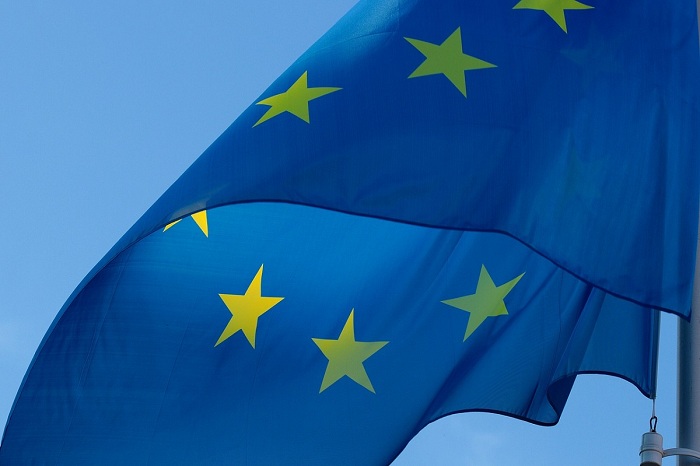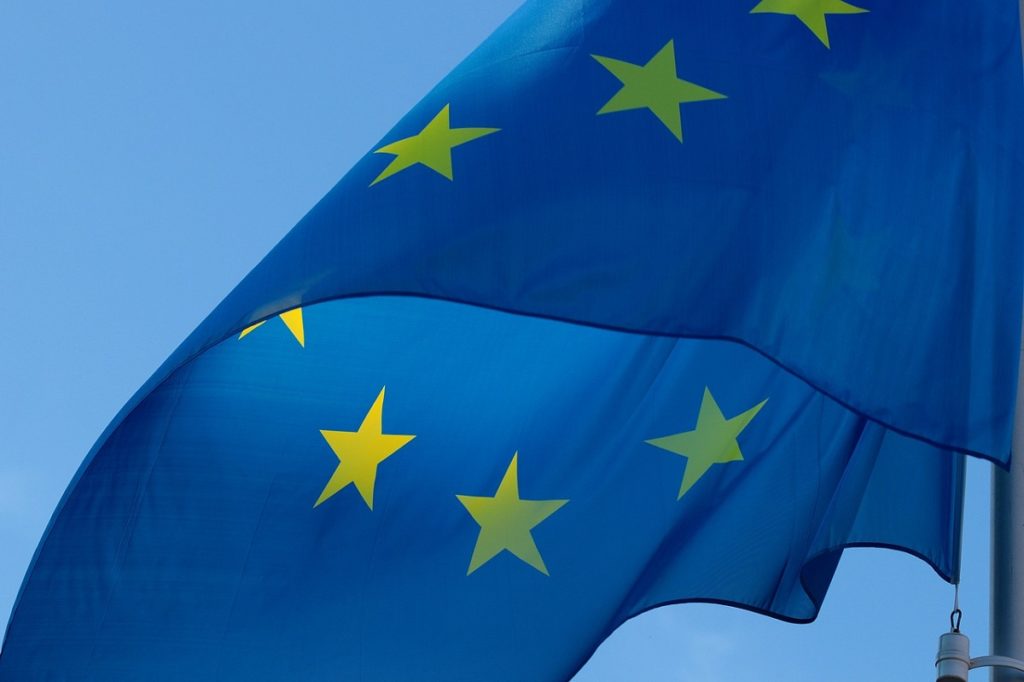Most of Europe is poised to implement stronger security protocols for online transactions beginning next month. And if you’re selling online – no matter where you’re based, you could easily find yourself in breach of them. That could be expensive.
Post Contents
SCA – what is it?
Strong Customer Authentication (SCA) is a new European security protocol aimed at reducing online fraud.
The new regulation will apply to “customer-initiated” online payments within the European Economic Area (EEA), regardless of where the merchant is based.
If you are either selling or buying in Europe’s digital marketplace, then the new requirements will most certainly affect you. A considerable portion of the world’s card payments and bank transfers will in fact require SCA.
Rising Incidence of Online Fraud
It was not too long ago when many were quick to dismiss online shopping as a mere fad. Very few – if any at all – held on to this assumption for long.
Technology spending in the European retail sector has ballooned in recent years. Experts attribute the growth to stronger consumer confidence and the robust expansion of digital commerce.

The European online market revenue reached a value of US $281.5 billion in 2016.
With so much online selling and buying going on, you would assume that crooks have espied more opportunities in the digital world.
The assumption is correct. Worldwide, online fraud increased by a whopping 30 percent in 2017 alone.
Improved Security
The SCA uses the 3DS 2.0 protocol — an improvement over the previous 3DS 1.0 authentication procedure. Like its previous iteration, the 3DS 2.0 protocol sends a shopper to a page to confirm his or her identity.
The process ensures proper customer authentication by using a wider range of data to verify identity.
Are you Ready?
The SCA requires customer authentication based on two or more elements.
The elements are categorized as knowledge (something only the customer knows), possession (something only the customer possesses) and inherence (something the customer is). Two of the three will suffice SCA guidelines.
Despite strident criticism from companies like Visa, many agree that SCA will improve online security.

Proponents of the SCA even claim the new security protocol is easier and less clunky than previous authentication procedures, allowing better customer experience.
Have You Heard?
However, the results of a study commissioned by Mastercard indicate that 75 percent of online merchants in Europe are likely to be unaware of the new security standard.
Have you heard of the SCA? Are you ready for it? Do you think the new protocol will impede the growth of the online retail industry?






